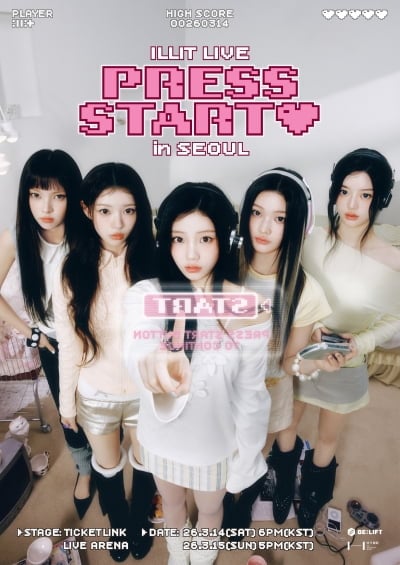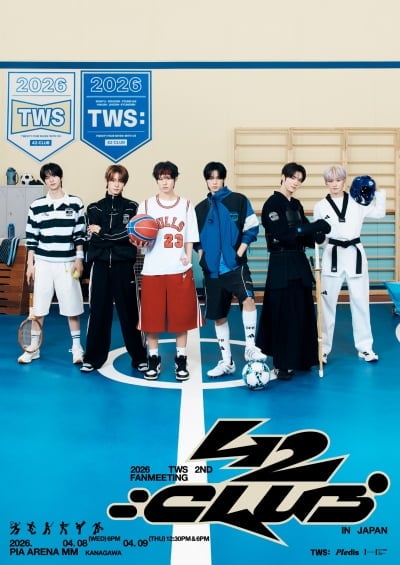MUSIC
“Concerts are the joy of life” Trot ♥ 5060 generation… Established as a ‘big name’ in the performing arts industry

As the Trot craze has continued in recent years, the 50s and 60s generation has clearly established itself as a major player in the performing arts industry. Starting with the coronavirus pandemic, TV Chosun's 'Miss Trot' and 'Mr. Trot' series became hits, and related concerts were held on a large scale. As a series of spin-off concerts by Trot singers who were highlighted through this, domestic concert halls were filled with Trot consumers in their 50s and 60s.
Trot entertainment programs are not as popular as they used to be, and some say that the era of Trot is over, but the consensus among many people is that Trot's status in the performing arts industry is still valid.
Objective indicators also prove this. According to the Korea Culture and Tourism Institute's 'Endemic Era, Content Consumption Gap and Forecast' published last year, consumption of popular music concerts among those in their 50s and 60s increased the most from 2022 to 2023, with trot performances in the background.
Demand for concerts by singers Lim Young-woong and Kim Ho-jung continues, and as singer Na Hoon-ah recently hinted at her retirement and announced a national tour concert in 2024, the trot craze in the performing arts industry is expected to continue.
A concert official said, "A fandom of the 50s and 60s generation has been formed around trot singers, and watching trot performances together has become a culture among them." He added, "Because the 50s and 60s generation has sufficient purchasing power, they can continue to watch even if the ticket price is somewhat high. “It’s happening,” he said.
In the meantime, K-pop idols turned their attention overseas rather than domestically. As the endemic began and the skyway opened in earnest, they began targeting overseas markets to earn foreign currency. K-pop groups with global fandom devote more than half of their yearly schedule to world tours. Although the start and end of the world tour is held in Korea, officials say that the number of performances and concentration has decreased compared to the past.
In addition, except for some singer-teams, performances such as ballads, bands, and hip-hop, which were supported by the 20s and 30s generation in the past, are struggling as demand has dropped significantly. An official said, "In the case of K-pop idol concerts, they are operated mainly by fandom, and pop concerts of other genres are hardly able to escape the slump." He added, "It is analyzed that the expensive ticket prices are also the reason why the 2030 generation has stopped visiting concert halls. "he said.
Choi Ji-ye, Ten Asia Reporter wisdomart@tenasia.co.kr


